Weitzman ECHO
Weitzman Institute’s Project ECHO® telementoring program empowers healthcare teams in underserved communities—expanding access to specialty care, improving patient outcomes, and strengthening the primary care workforce nationwide.
About Weitzman ECHO
Moses/Weitzman Health System, through the Community Health Center, Inc., was the first Federally Qualified Health Center (FQHC) to operate its own Project ECHO clinics. Since 2012, Weitzman Institute (WI) has delivered Project ECHO, an evidence-based continuing education model focused on reducing health disparities and improving clinical practice; each ECHO program includes one-hour, live virtual sessions with brief expert presentations followed by participant case discussions.
Project ECHO® helps practices transform care delivery, implement best practices, and improve quality of care.
Weitzman ECHO:
- Equips healthcare professionals with the knowledge and skills to manage complex conditions
- Builds communities of practice for those working in underserved and isolated settings
- Encourages evidence-based practice and improved quality of care
WI excels in partnering with national networks and regions of all sizes to develop customized ECHOs. With deep expertise and a proven process, the Weitzman ECHO team oversees every aspect of program development— from conducting needs assessments and recruiting and training expert faculty to designing curricula, engaging participants, evaluating impact, and sharing outcomes. By applying public health and instructional design skills, this replicable process can be applied to any healthcare-related topic or profession
Funders
The development, implementation, and outcome evaluation of Weitzman ECHO has been supported by a variety of entities, including:
- Health Resources and Services Administration (HRSA)
- National Institutes of Health, National Institute on Alcohol Abuse and Alcoholism (NIH NIAAA)
- National Association of Community Health Centers (NACHC)
- The Centers for Disease Control and Prevention (CDC)
- National Healthcare for the Homeless Council (NHCHC)
- Substance Abuse and Mental Health Services Administration (SAMHSA)
- Delaware Department of Health and Social Services
- Colorado Department of Health Care Policy and Financing
- Maine Quality Counts
- Buckeye Health Plan
- Health Net
- Pfizer
- Eli Lilly
- The Mayday Fund
- The Wallace Foundation
- The Pfizer Foundation
- The Nicholson Foundation
Clinics
Active ECHO Clinics
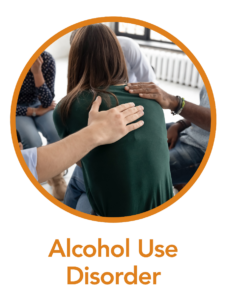
Alcohol Use Disorder
Weitzman ECHO Alcohol Use Disorder provides guidance on current best
practices for preventing, screening, and treating Alcohol Use Disorder (AUD),
which is a leading cause of morbidity and mortality across the United States.
This series develops and strengthens participating providers' clinical
competencies and confidence with treating AUD in primary care.
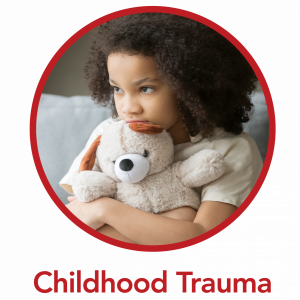
Childhood Trauma for Integrated Primary Care
Weitzman ECHO Childhood Trauma trains participating providers on what we know about trauma and its impact on youth, families, schools, and providers to assist with putting plans into motion using today’s resources.
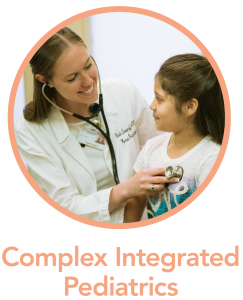
Complex Integrated Pediatrics
Weitzman ECHO Complex Integrated Pediatrics connects primary care medical and behavioral health providers nationally with a multidisciplinary team of specialists in pediatric care.
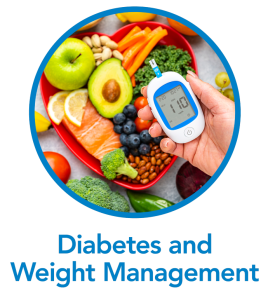
Diabetes and Weight Management
Weitzman ECHO Diabetes and Weight Management connects primary care medical and behavioral health providers and care team members with a multidisciplinary team of experts to enhance the assessment, treatment, and care of patients with type 2 diabetes and obesity in primary care settings.
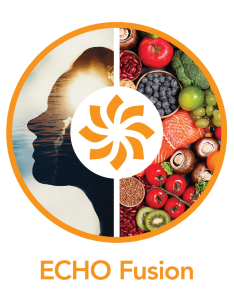
ECHO Fusion
Weitzman ECHO Fusion connects primary care medical and behavioral health providers nationally with a multidisciplinary team of experts, using twice-monthly videoconferencing sessions to explore a holistic approach to common comorbidities and risk factors to improve quality of care for rural and underserved patients. Weitzman Institute is pleased to announce that this ECHO is being offered as part of the HRSA Telehealth Technology-Enabled Learning Program
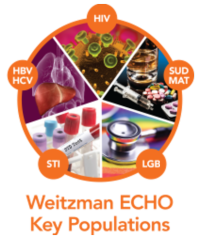
Key Populations
Weitzman ECHO Key Populations features a multidisciplinary team of experts who provide advice, guidance, and consultation to help address your questions on HIV prevention, screening, and management, viral hepatitis screening and treatment, substance use disorder management, LGB health including STI screening and treatment among other topics.
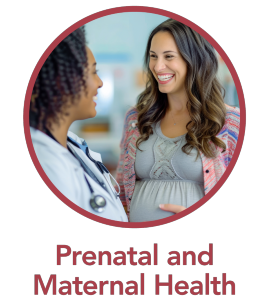
Prenatal and Maternal Health
Weitzman ECHO Prenatal and Maternal Health equips providers and care team members working in primary care settings with knowledge and skills to support their patients from preconception through the first year postpartum. This series empowers providers to enhance clinical skills and confidence while improving outcomes for underserved populations.
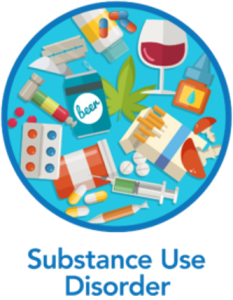
Substance Use Disorders
This Weitzman ECHO Series for Ohio connects primary care providers, behavioral health providers, and other care team members to a community of peers and subject-matter experts from across Ohio to address patients’ complex health needs related to substance use disorders.
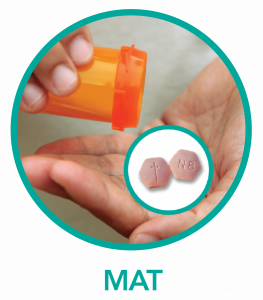
Substance Use Health
Weitzman ECHO Substance Use Health provides front-line primary care clinicians and team members with the support and expert advice they need to gain confidence and increase skill in treating substance use disorders with an integrated care approach.
Past ECHO Clinics
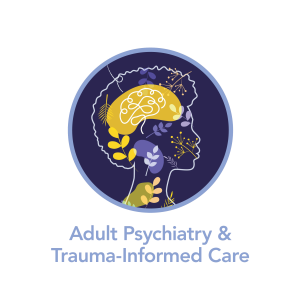
Adult Psychiatry & Trauma-Informed Care
This Weitzman ECHO series for Ohio equips primary care providers and care team members with enhanced skills to provide mental health care through an equitable and trauma-informed lens.
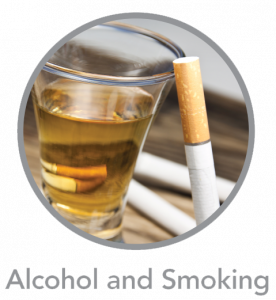
Alcohol & Smoking
Weitzman ECHO Alcohol & Smoking addressed two of America’s major silent killers. This 6-month program met twice monthly to connect primary care medical and behavioral health providers over Zoom videoconferencing to a community of peers and subject-matter experts to discuss a team-based, integrated approach to treating patients with substance use disorders.
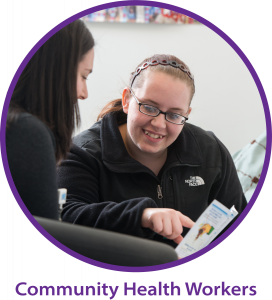
Community Health Workers
Weitzman ECHO for Community Health Workers was a 12-month program with sessions twice a month that connected Community Health Workers and similar roles such as Patient Navigators, Promotoras, and Peer Supporters over Zoom videoconferencing (accessible by any computer with internet or phone) to a community of peers and subject-matter experts.
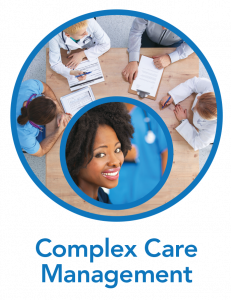
Complex Care Management
Project ECHO Complex Care Management (Project ECHO CCM) aims to translate the Project ECHO model, originally intended for physicians, into a tool that supports nurses as they care for their most complex patients.
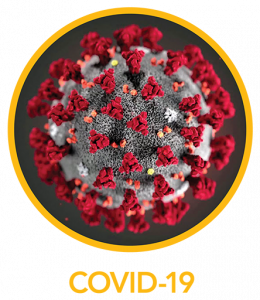
COVID-19
The Weitzman ECHO Series on COVID-19 delivered specific didactic, care-based learning, and COVID-19 experiences and expertise in primary care to frontline safety net health care providers across the country during the pandemic.
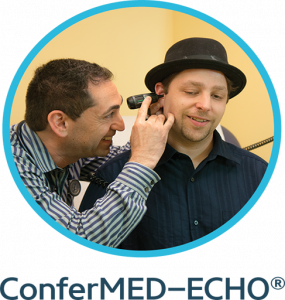
ConferMED-ECHO
ConferMED-ECHO is a first-of-its-kind CME opportunity designed exclusively for ConferMED clients that combines access to eConsults with live Project ECHO® learning sessions to help PCPs hone their primary care skills with flexibility and ease. With access to both tools, participants can receive immediate feedback while building knowledge to address the most common challenges seen in primary care today.
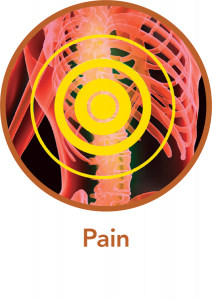
Chronic Pain
Weitzman ECHO Pain is a twice monthly videoconference that connects primary care providers with a multidisciplinary team of pain specialists to improve the management of patients with chronic pain.
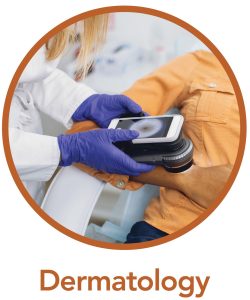
Dermatology
Weitzman ECHO Dermatology will train providers from Texas on how to use dermascopic tools, promote management strategies for common dermatological conditions, and improve identification of skin cancers and infections.
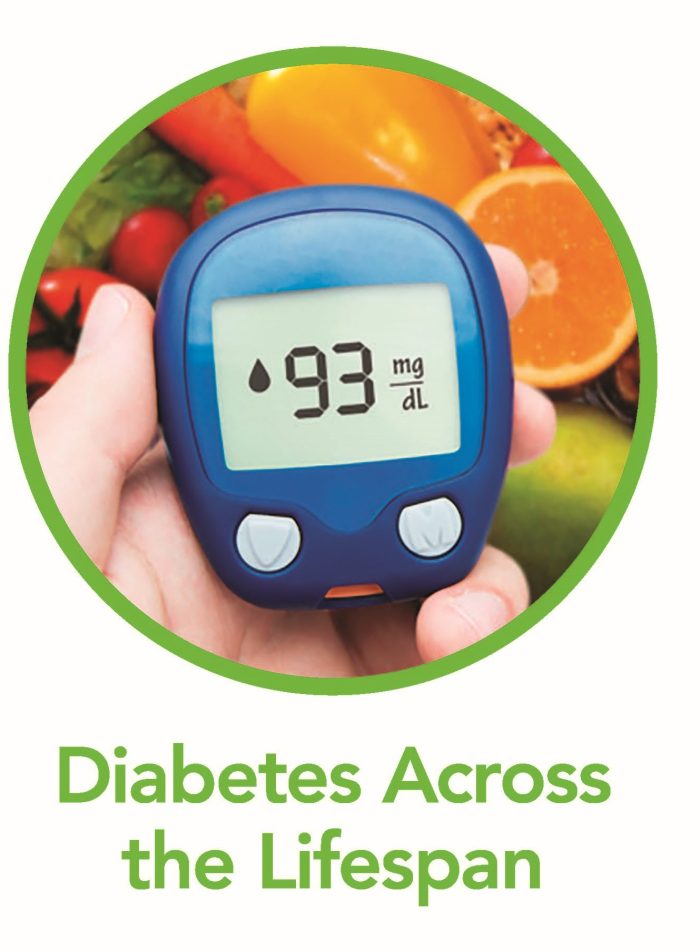
Diabetes Across the Lifespan
This Weitzman ECHO Series for Ohio partners with Buckeye Health Plan and Ohio University to help Ohio clinicians solve for the complex health needs associated with diabetes using a holistic, multidisciplinary team approach.
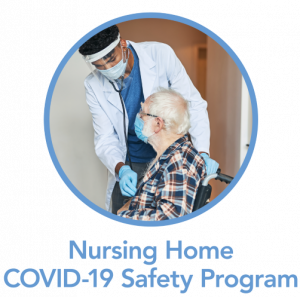
Nursing Home Covid-19 Safety Program
The Weitzman Institute has collaborated with the University of New Mexico’s ECHO Institute and AHRQ to help deliver the Project ECHO Nursing Home COVID-19 Safety Program to nursing homes across the country.
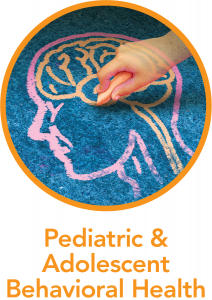
Pediatric & Adolescent Behavioral Health
Project ECHO® Pediatric & Adolescent Behavioral Health (PABH) is a twice monthly videoconference that connects medical and behavioral health providers.
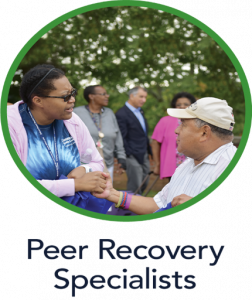
Peer Recovery Specialists
Weitzman ECHO Peer Recovery Specialist is a twice monthly videoconference that connects Peer Recovery Specialists to a community of peers around the country and a panel of subject matter experts.
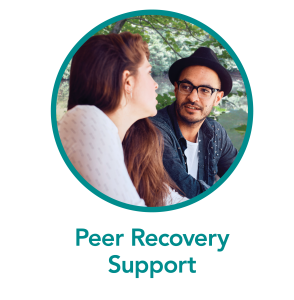
Peer Recovery Support in Ohio
This ECHO continuing education program connects Certified Peer Supporters in rural areas of Ohio to a community of other Peer Supporters facing similar issues working with peers and in the workplace.
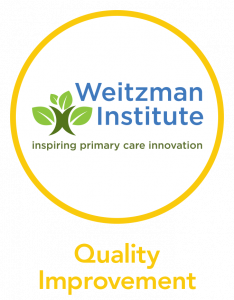
Quality Improvement
Project ECHO Quality Improvement is a series of one-hour, live dynamic videoconferencing sessions focused on primary care quality improvement (QI).
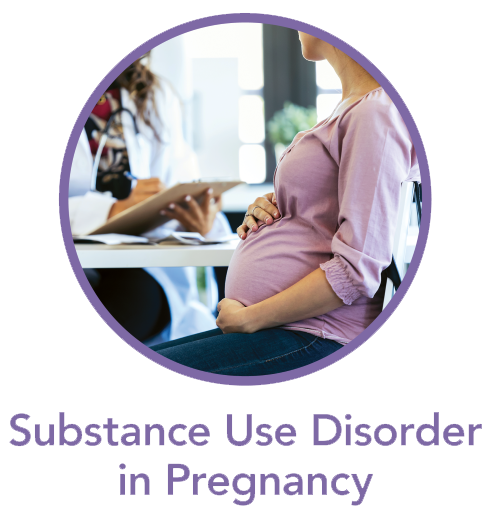
Substance Use Disorder in Pregnancy
Women are most likely to develop a substance use disorder during their child bearing years, which is between the ages of 18 and 44 years old. The number of women who self-reported using substances such as heroin, tobacco and alcohol during their pregnancy has been increasing in recent years.
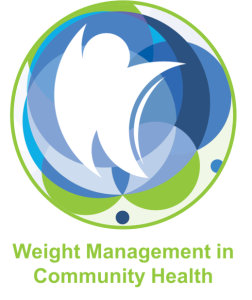
Weight Management in Community Health
Weight Management in Community Health ECHO connects primary care providers and clinicians to a community of peers and subject-matter experts to improve providers' weight management with patients.
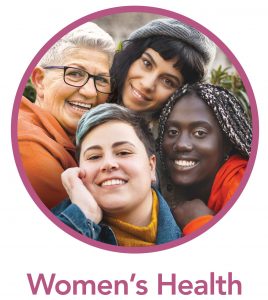
Women's Health
This Weitzman ECHO Series for Ohio is designed to connect providers to a community of peers and subject-matter experts from Ohio University and across the state to address patients’ complex health needs related to women’s health using a multidisciplinary team approach.
